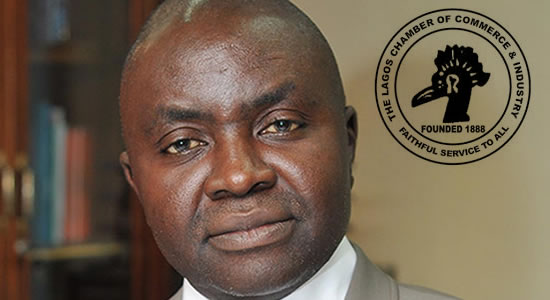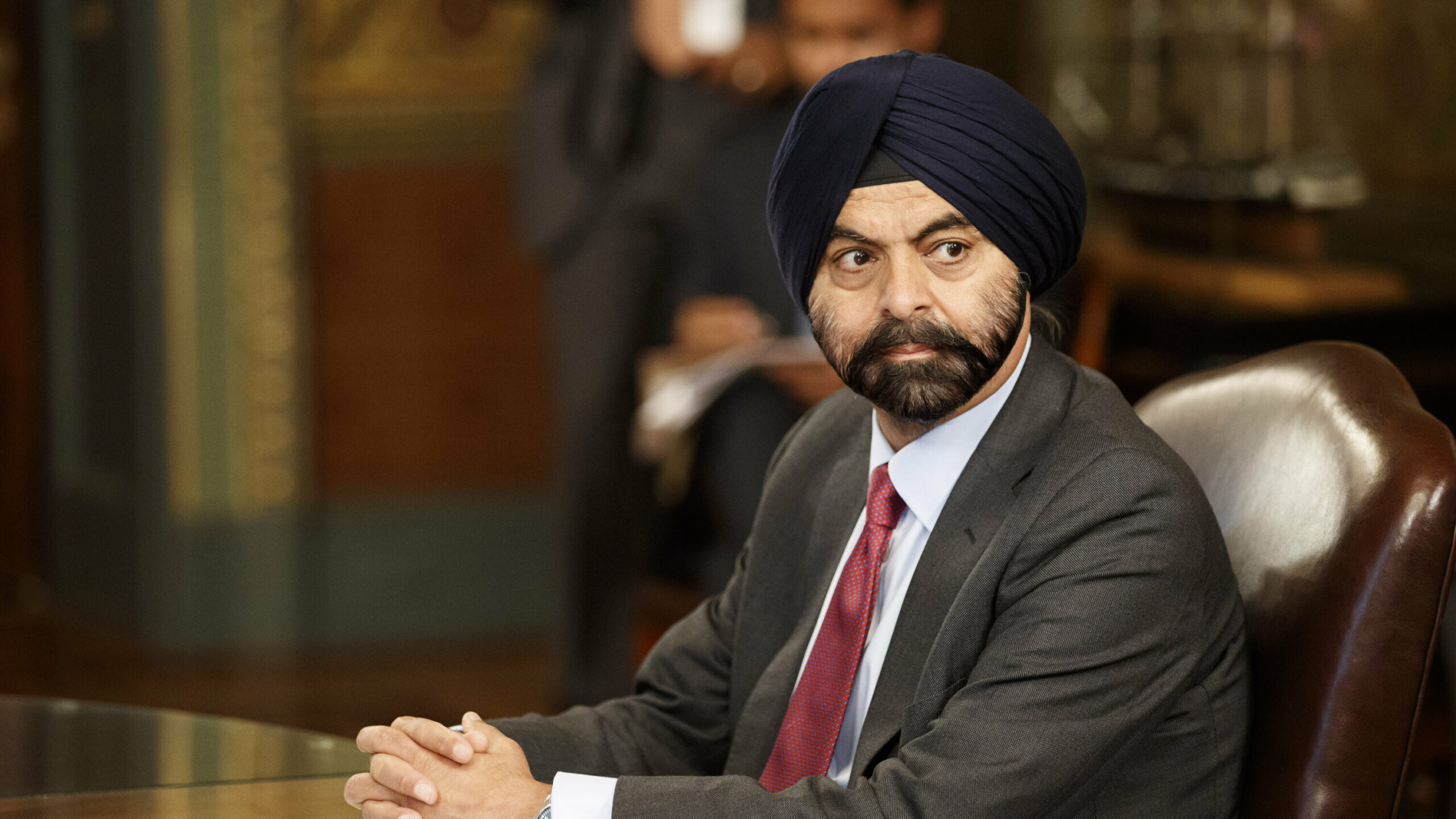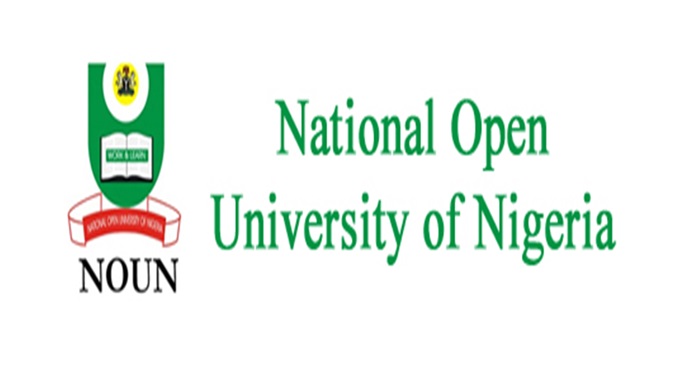Mr Yusuf Muda, The Lagos Chamber of Commerce and Industry boss, (LCCI) has projected the country’s GDP growth to rise by three percent in 2018, given the prevailing economic fundamentals and government’s commitment to sustain economic reforms. Muda, LCCI boss made this in a statement he signed.
He said: “The chamber also projects oil price to average around $50 per barrel; External reserve to hit $40 billion mark; and headline inflation at 13 per cent.”
He noted that the fundamentals of the economy are improving with numerous opportunities and potentials.
Crude oil prices and output levels have recovered, foreign reserve is improving, and inflation is on a steady decline, adding that, it is expected that these impressive outcomes will be sustained into a better part of 2018.
Muda said for the country to sustain the present recovery and achieve the growth forecast, there is need for aggressive investment in infrastructure to boost productivity in the economy, reduction in multiplicity of exchange rates, alignment of procurement policies at all levels of government to support domestic investment.
Others include investment policy that would protect domestic investors, tax policy that is investment friendly, interest rate policy that is investment friendly and current reforms in such critical sectors as power, agriculture, solid minerals and oil and gas should be sustained.
“The executive orders signed in May this year should be fully enforced to improve the way government does business and thereby improve the business environment”, he said.
Speaking further, Yusuf said that the situation with the manufacturing sector in 2017 was that of a partial relief, especially with respect to access to foreign exchange.
Manufacturers reported an improvement in the liquidity of the foreign exchange market.
These enhanced their capacity to import raw materials and boosted capacity utilization.
However, he stressed, manufacturers expressed concern with respect to high interest rate between 25-30 per cent.
“This has resulted in high operating cost for manufacturers; dearth of long term funds, infrastructure situation with respect to power and energy and logistics, especially the impact of the bad roads on the cost of transportation, inflow of fake and sub-standard products remains a major challenge for manufacturers in 2017, weak patronage of locally produced goods, especially by government agencies and ministries” he stressed.
He said CBN’s periodic intervention in the forex market reduced the exchange rate volatility over the last two quarters of 2017.
“With the intervention, businesses witnessed improved liquidity of forex and stability of naira against the dollar.
Confidence is gradually returning to the forex market and we hope that this would be sustained in 2018.
However, economic players stated that it was impossible to access the foreign exchange at the official rate of N305 to the dollar.”
“Crude oil prices in the international market and local production levels of crude oil remain the two key variables that would determine the sustainability of the current favourable forex regime” he said.
Muda said the multiplicity of exchange rates remains a concern because of the implication for transparency and rounds tripping in the forex market. It is thus desirable to reduce the multiplicity of rates and the disparities in the rates to further deepen confidence in the market.




















